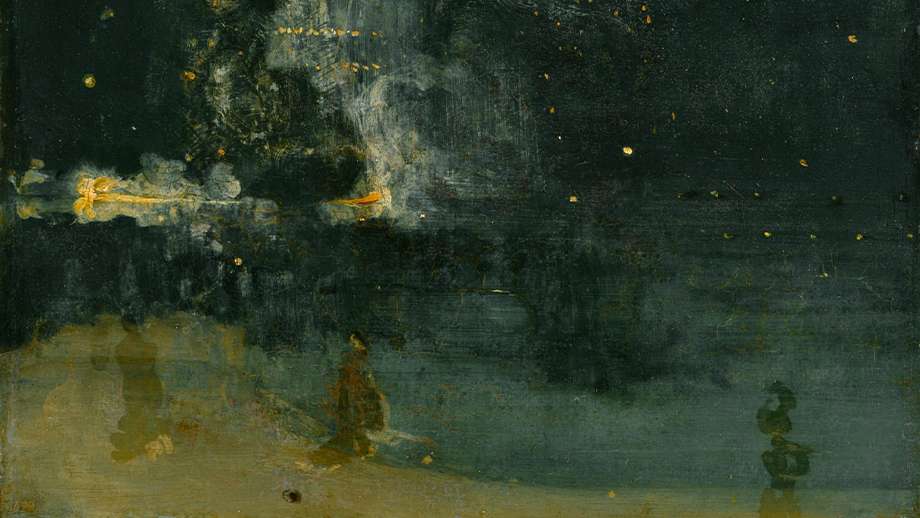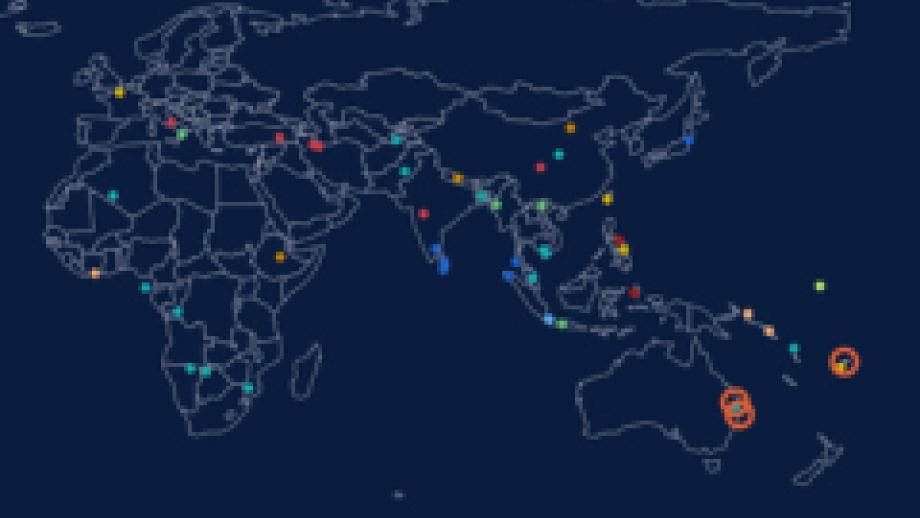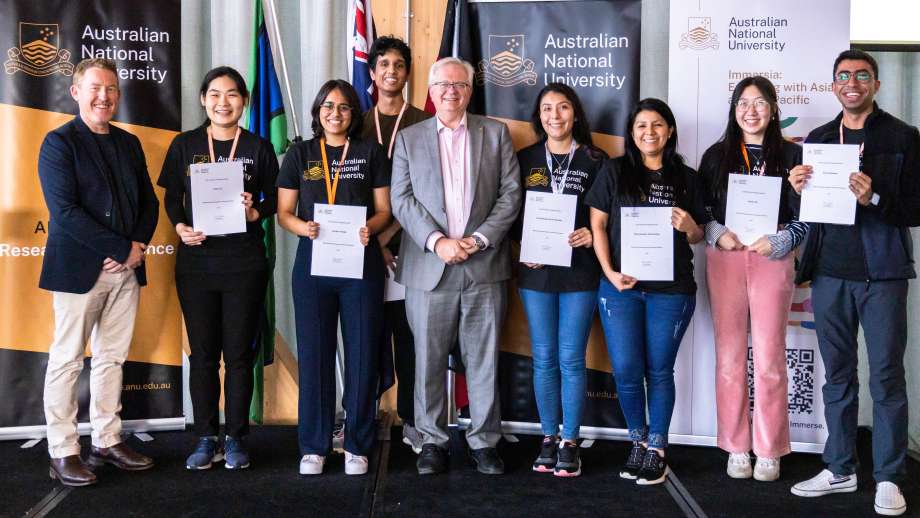Coronavirus (COVID-19) Where were we? Where are we now? What do we need to learn so we do better in the future?
A novel coronavirus, SARS-CoV-2, causes COVID-19. This virus spreads readily from person to person but almost entirely via infectious particles that deposit in the upper respiratory tract. They are inhaled or reach the respiratory tract via people's eyes. Larger particles (often called droplets) are the main way of spread - but not the only way.
Different interventions can be and have been used to decrease the risk and spread of COVID-19. Most of the principles underpinning these interventions relate to physical barriers, isolation plus physical and social distancing. The risk of transmission is markedly reduced when outdoors. Improved ventilation and access to outside air will be of ongoing importance.
Safe and very effective vaccines have become widely available and have been delivered extensively and successfully globally, especially to richer countries, less so to lower and middle-income countries. Effective antiviral therapies are now used in clinical practice.
Lockdowns, border closures and restrictions slowed the spread of the virus, but have also caused many adverse, unintended consequences. Disproportionality affected were the socially disadvantaged, especially children. Young adults and children have had the worst socio-economic consequences but perversely were at the lowest from the virus itself. What needs to be put in place now and in the future should be proportionate to levels of risk
Overall, we are in a much better position than in 2021. Vaccines, new antivirals, decreases in viral virulence and hybrid immunity has already put us in a much better position. We are likely to be in an even better position by early 2023.
About the speaker
Professor Peter Collignon is an Infectious Diseases Physician and Clinical Microbiologist at ACT Pathology and Canberra Hospital. He is Professor in the Medical School of the Australian National University. In June 2009 he was made a Member of the Order of Australia (AM) for services to Medicine in Infectious Diseases, Microbiology and Infection Control.
He is the inaugural and current patron of the Australian College for Infection Prevention and Control and is a member of National Infection Control guideline expert groups, including for Covid-19. In October 2017 he was awarded a PhD by Vrije Universiteit in Amsterdam for a thesis on antibiotic resistance. He has published over 300 peer-reviewed papers in Australian and international journals.
Since 2000 he has served as an expert to the World Health Organization on antibiotic resistance and the use of antibiotics in food animals.
Additional information
Registration is required for this event.
Accessible parking spaces are available around campus should you require them.
This is an in-person, indoor event and The Australian National University still requires masks be worn.
To help keep everyone safe, please ensure that you are familiar with, and follow, the advice from ACT Health regarding COVID-19.
If you do not feel well, please refrain from attending this event.
By registering for this event, you are accepting our privacy policy.
Location
Room: Auditorium
Contact
- ANU Events



